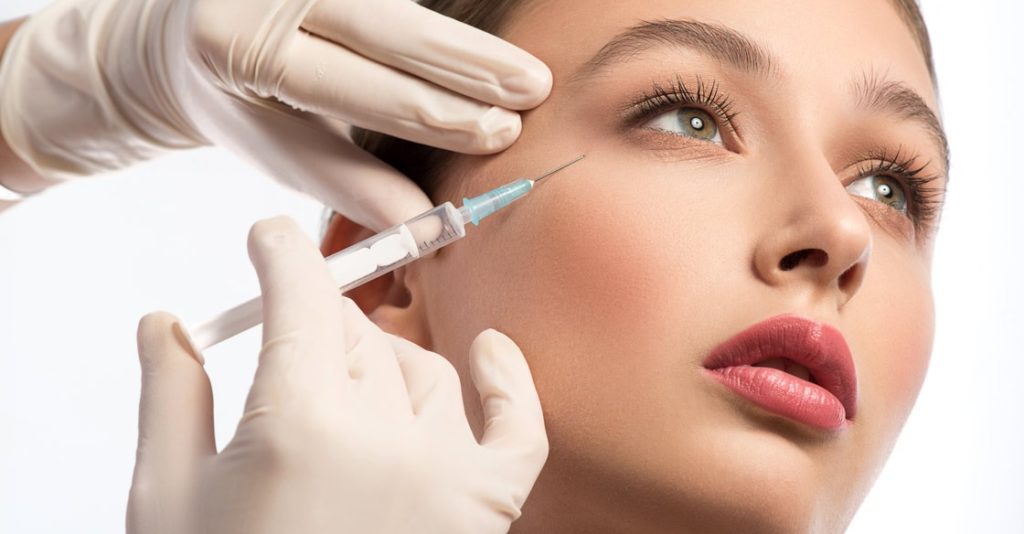Currently, more and more women decided to use Botox treatment in pursuit of beauty. Botox as a cosmetic treatment typically goes to the reduction of face wrinkle appearance. However, Botox injections are used for cosmetic purposes; they can even treat headaches and help with excessive sweating. Providing quite promising benefits, Botox has become popular among pregnant women too. The main question here sounds like this: is Botox safe during pregnancy? Let’s discover what is known about Botox and pregnancy by now and answer whether you can get Botox while pregnant or not.
Botox treatment at a glance
Essentially, Botox means a product containing a neurotoxin that comes from the bacterium Clostridium botulinum. Tiny doses of this substance can lead to paralyzing muscles temporarily and make them relax. Botox analogs are products like Myobloc, Xeomin, and Dysport that contain this active ingredient, but they don’t go for cosmetic reasons only.
In the 1980s, Botox was successfully approved by the Food and Drug Administration (FDA) to treat uncontrolled blinking and lazy eye. Today, Botox works great for smoothing wrinkles on the face as well as frown lines, forehead lines, lines around the mouth, and treatment of excessive sweating.
Botox during pregnancy
There is a common belief that Botox for smoothing a line between the eyebrows is completely safe for most people. On the other hand, researchers advise not to hurry once you get a positive pregnancy test. Anyway, the best way of considering using Botox while pregnant is consulting with your doctor.
The first proof that Botox doesn’t influence the pregnancy is the molecules of this toxin themselves. The size of Botox molecules doesn’t allow them to penetrate through the placental barrier, so this toxin is considered safe enough for pregnant women.
Additionally, a range of animal studies was performed to research whether Botox interferes to the pregnancy. As part of the studies, researchers injected botulinum toxin A into pregnant animals and then supervised any changes. Fortunately, the results of studies show that there is no evidence that the toxin crossed the placenta of the animals. That means that Botox won’t impact people either, although the animals` system is not the same as a human.
Still, some experts approve of using Botox for headaches treatment in pregnant women. When it comes to injecting Botox for cosmetic purposes, no studies were done in this area due to the obvious ethical reasons that Botox won’t influence your pregnancy. Nonetheless, the Food and Drug Administration supposes that Botox when pregnant can be injected if the potential benefits justify the potential risks to a child.
The final thought about whether you can inject Botox while pregnant is that it would be better to consult your doctor to determine whether you don’t have any contraindication and your pregnancy is going well. We need more studies to predict the exact action of Botox in terms of fetal development.
